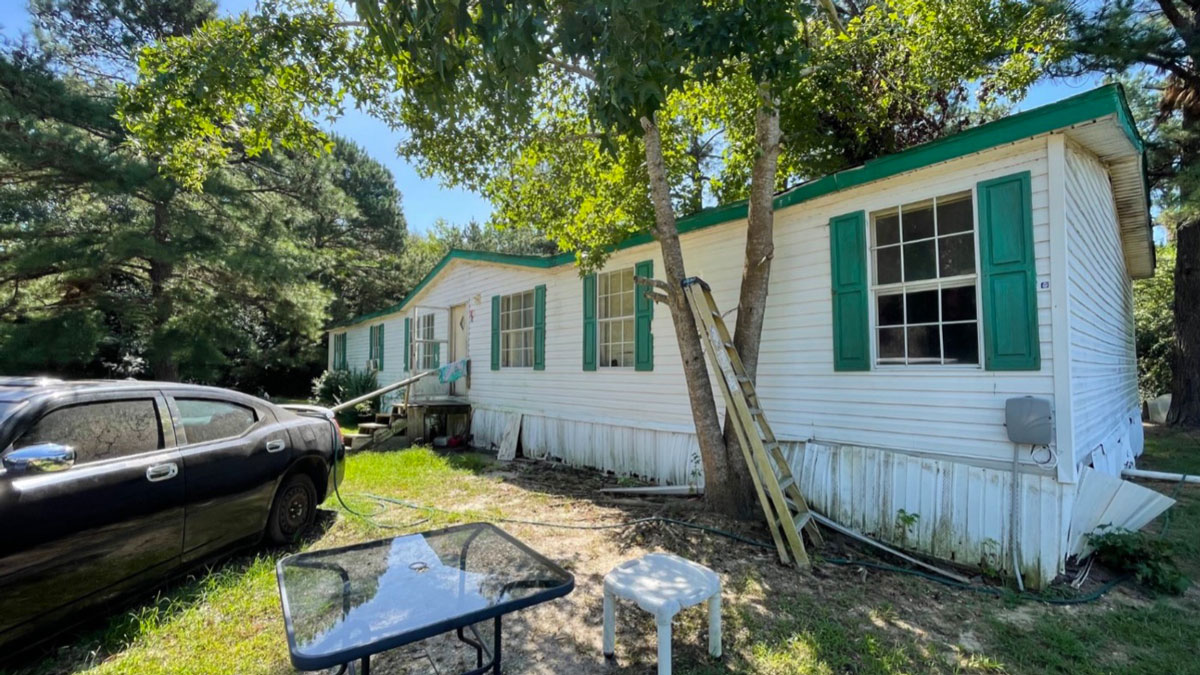The Alabama Life Research Institute (ALRI) has partnered closely with Alabama SafeState, the Alabama Department of Public Health (ADPH), and rural communities to better understand and improve housing conditions across rural Alabama.
While the national housing crisis has received significant attention—particularly in urban areas—rural housing issues have often been overlooked. Yet many parts of rural Alabama are experiencing a crisis of their own. Numerous homes are in disrepair, suffering from aging or damaged roofs and floors that result in water damage and unsafe living conditions.
In the Alabama Black Belt, over 20% of residents live in manufactured homes, and 17% of those were built before 1979. Furthermore, 38% of all homes in the region were constructed prior to 1978—the year lead-based paint was banned—raising serious concerns about lead exposure and other environmental hazards. These housing conditions directly impact health. For example, the prevalence of asthma and allergies in the region far exceeds national averages. While national asthma rates are 10.4% for individuals below the poverty line and 7.7% overall, ALRI’s assessments have shown that 31.6% of households in the Black Belt report at least one person with asthma.
In response, Micheal Rasbury (Alabama SafeState) and ALRI are leading a HUD Healthy Homes Technical Study Grant to examine indoor air quality in homes across the Black Belt and identify factors contributing to poor air quality. In addition, ADPH, SafeState, and ALRI are collaboratively implementing a HUD Healthy Homes grant to assess and remediate health hazards in homes throughout West Alabama.
ALRI and SafeState are also co-leading HUD Lead Hazard Control Capacity Building initiatives focused on Black Belt counties. These efforts involve community-based education and direct outreach to increase awareness of lead exposure risks. Working with schools, churches, local leaders, and healthcare providers in Choctaw, Greene, Hale, Lowndes, Marengo, Perry, and Wilcox counties, the team promotes lead testing and connects residents with resources to prevent lead poisoning.
A key part of this initiative is encouraging local contractors and handymen to become certified under the Renovation, Repair, and Painting (RRP) program to ensure that home renovations are performed safely and do not introduce new lead hazards. Through outreach events and strategic partnerships, we aim to equip families with the knowledge and tools they need to create safer, healthier, and lead-free home environments.
